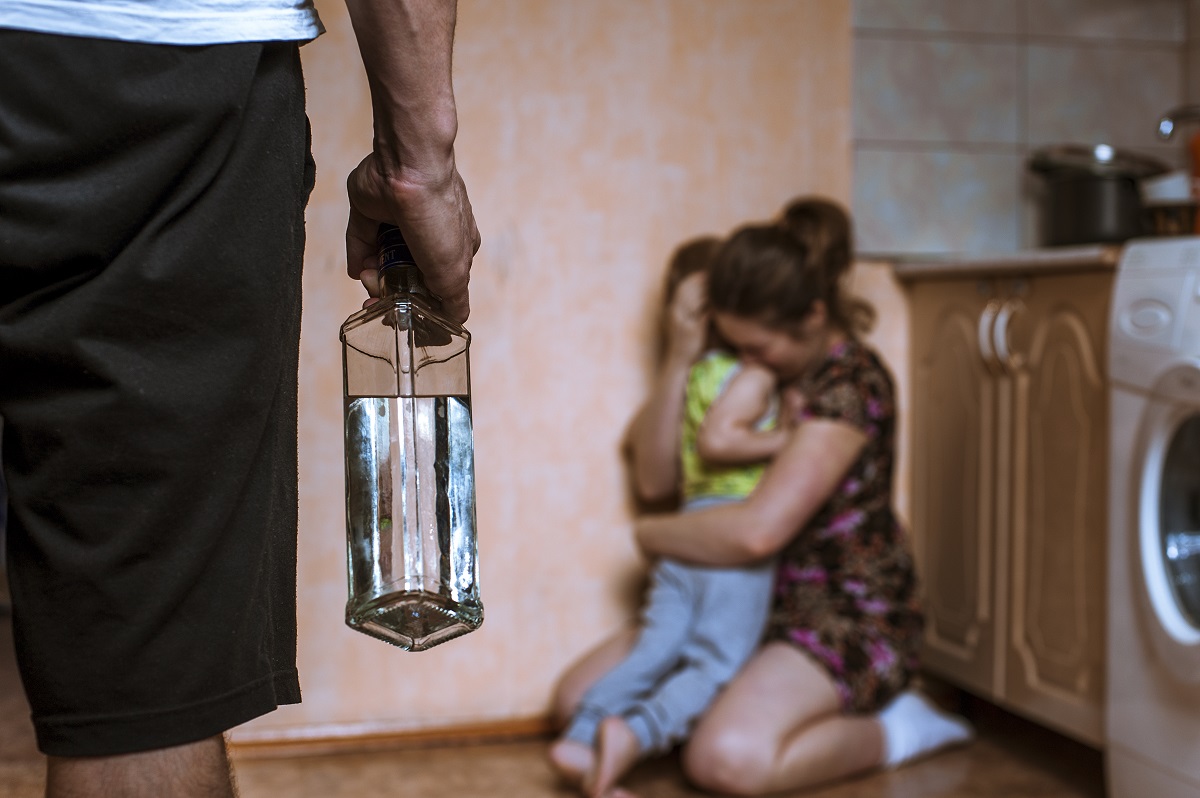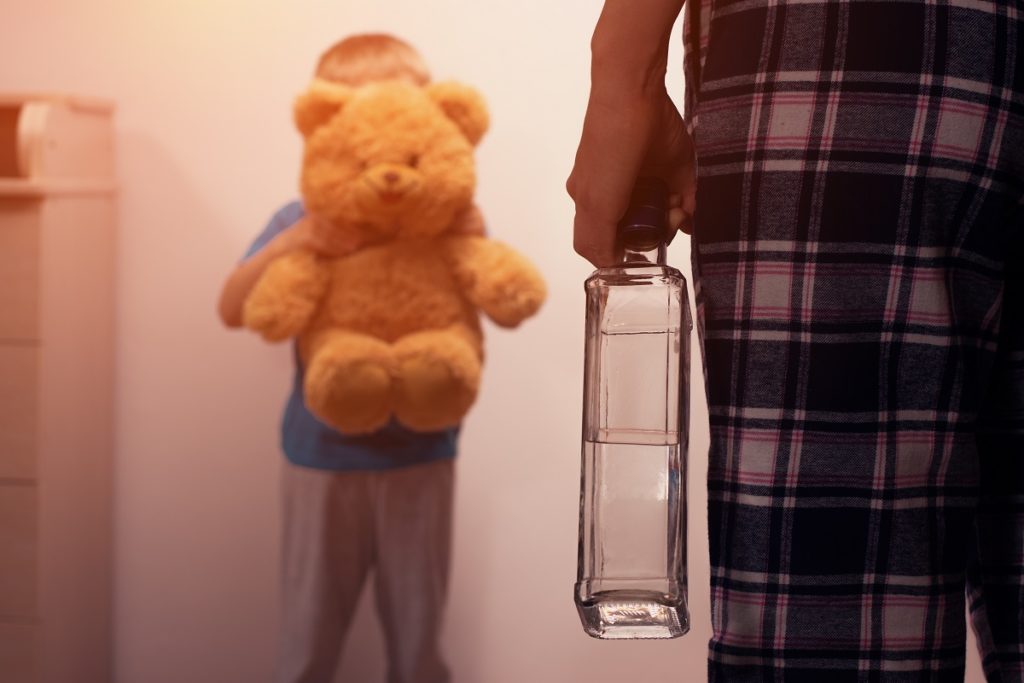Domestic violence and spousal abuse are the scourge of our existence, with an average of 20 people being victims of intimate partner violence every 20 minutes in the United States. With the pandemic and families being forced to stay home together 24/7, this number grew significantly.
Going through abuse at the hands of a spouse is difficult, to say the least, but there are things you can do to protect yourself and your kids. Here are some ways where you can start.
Acknowledge what’s happening
The legal definition of domestic violence is: “any abusive, coercive, threatening, forceful, or violent word or act inflicted by any member of the family or household on another member.” Here are a few examples of spousal abuse:
- Physical, which involves inflicting bodily harm against your or your kids
- Mental, which involves gaslighting or making you question your memories and reality
- Emotional, which entails using your emotions to embarrass, criticize, blame, shame, or manipulate you or another member of your family
- Financial, which is all about withholding your own money from you or using money to force or control you
- Sexual, which involves forcing you to do sexual acts against your will
 Admitting that you’re in an abusive marriage is the first step to getting out of it. It may be hard, but know that there are people on the other side who are willing to help protect you and keep you safe.
Admitting that you’re in an abusive marriage is the first step to getting out of it. It may be hard, but know that there are people on the other side who are willing to help protect you and keep you safe.
Plan meticulously for your safety
If you can do it discreetly and have some time, the first thing you need to do is start setting aside some cash, preferably anywhere outside your home. Pack “go bags” for you and your kids, so they should have enough clothes and underwear, toiletries, medications, diapers, water bottles, and other immediate needs you may have once you leave the house. Keep these bags hidden at a trusted friend or family member’s house. Here are some other safety precautions you can take:
- Keep a handwritten list of emergency contacts, especially if your spouse tends to confiscate your phone. Even better if you memorize those numbers.
- Keep some cash in your person at all times.
- Establish a code word with your trusted friends, family members, and co-workers for when you and your kids’ lives are in imminent danger, and they need to call the police.
- Have your important documents with you, including your and your kids’ passports, IDs, birth certificates.
Collect evidence
It may seem impossible, but keeping your head cool and collected now will help you win your case later. In any investigation involving domestic violence or spousal abuse, you will need to collect an array of physical and verbal forms of evidence. Your friends and family will also be able to provide witness testimonies, but it will also help your case if you do your own evidence collection.
- Every time you have bruising due to hits from your spouse, take pictures immediately. Any sign of physical injury can be attested to by medical clinicians, so go to the hospital as well, so you have a medical record.
- Digital evidence, which includes text messages, emails, and other forms of online communication
- Broken possessions such as torn items of clothing, furniture, and other items you or your kids own
Once you and your kids have finally gotten out of the house and are safe, make sure to collate these pieces of evidence and organize them. Get statements from neighbors and other witnesses as well.
Consult a lawyer

A divorce attorney will be able to provide you with all of your options, and they will be able to explain to you your legal recourse. They will help ensure that you and your kids get exactly what you deserve so that all of you can find healing and truly start over. Here are some major things your lawyer can help you sort out:
- Child custody and visitation concerns, especially if you believe your soon-to-be-spouse to be violent and a danger to your children
- Child support and alimony
- Filing criminal charges
- Using the civil courts to your advantage, especially since the civil code exists to provide you and your children some relief
The Bottom Line
No one enters a relationship thinking they will ever have to live through domestic violence and spousal abuse. If this happens to you, know that it’s not your fault and that there is a light at the end of the tunnel. Hope and help are available, and there are plenty of ways for you and your kids to escape and start a new chapter somewhere safe.





